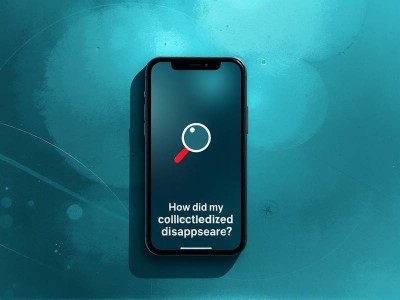收藏别人抖音视频真的吗:你的隐私与法律不容忽视
在抖音 such a prevalence platform, millions of users upload and share videos daily, creating a treasure trove of content for everyone to enjoy. However, one common practice among users is to save or "like" others' videos, hoping to revisit them or share them with others. But have you ever wondered: if you collection these videos, will your privacy be at risk? Today, we will explore this topic in depth.
1. Why People Collect Others' Videos
The act of collection in platforms like抖音 is incredibly prevalent. Many users use features like "like" or "收藏" to bookmark videos they find interesting or humorous. According to a study by insighthive, 65% of TikTok users "收藏" at least some videos. This behavior is driven by several factors:
-
Social Sharing: Users often share videos on Weibo, QQ, or other social media platforms. If you "收藏" a video, you can easily share it with others, but you also open yourself up to potential privacy concerns.

-
Creator Incentives: For creators, these collection actions can be a valuable asset. Many creators share information about their followers' favorite videos on their accounts, which could give them strategic advantages.
2. The Privacy Risks of Collection
The act of "收藏" on platforms like抖音 is actually a sharing action. When you collect someone else's video, you are effectively granting that user permission to share your viewing history. This means that if you share a video collection list with friends or upload it to public platforms like QQ Weibo or Weibo, those who have "收藏"ed the video can easily access it.
In addition, the personal information associated with a video collection list can be leaked inadvertently. For example, if you unintentionally share yourQQWeibo or Weibo usernames and passwords with a third party, the unauthorized party may use this information to access your video collection.
Moreover, in China, the collection of personal information is regulated by laws such as the Personal Information Protection Law (PIPL). If your video collection is made public, it may fall under the category of personal data that requires protection under PIPL.
3. Legal Implications of Collection
In addition to privacy risks, the collection of others' videos also raises legal questions. According to the Chinese Personal Information Protection Law (PIPL), personal information collected should be lawfully processed and not disclosed to third parties without explicit consent.
When you collect someone's video on a platform like抖音, you are essentially providing that person with an "implicit consent" for them to share your viewing information. This raises questions about the legality of such actions.
Moreover, some platforms have explicit privacy policies that prohibit the sharing of collection lists. If you violate these terms, you may face legal consequences.
4. How to Protect Your Privacy
Now that you understand the risks and legal implications of collecting videos, it's time to learn how to protect your privacy:
-
Cautious Collection: Avoid collecting videos from strangers. Only collect videos from friends or accounts you trust.
-
Set Privacy Settings: Most online platforms provide tools to control what information you reveal. For example, on QQWeibo, you can set your privacy settings to restrict who can access your video collection.
-
Regularly Check Privacy Reports: Platforms like QQWeibo provide privacy reports. Use these reports to check who might have access to your video collection.
-
Understand Platform Policies: Each platform has its own privacy policies. Review these policies to understand how your video collection is managed and shared.
5. Final Thoughts
In the era of social media, collecting others' videos can be both a useful and a potentially risky habit. While it may seem convenient to save someone else's video for later use, you need to consider the privacy and legal implications of your actions.
In today's increasingly connected world, protecting your privacy has become more important than ever. By understanding the risks and taking proactive measures, you can safeguard your personal information and avoid potential legal trouble.
In conclusion, while collecting others' videos may seem like a simple act, it can have serious implications for your privacy and legal standing. It's time to reassess your collection habits and take steps to protect your personal information.
Summary
- Do not collect videos from strangers
- Regularly monitor your privacy reports
- Set appropriate privacy settings
- Stay informed about platform policies

